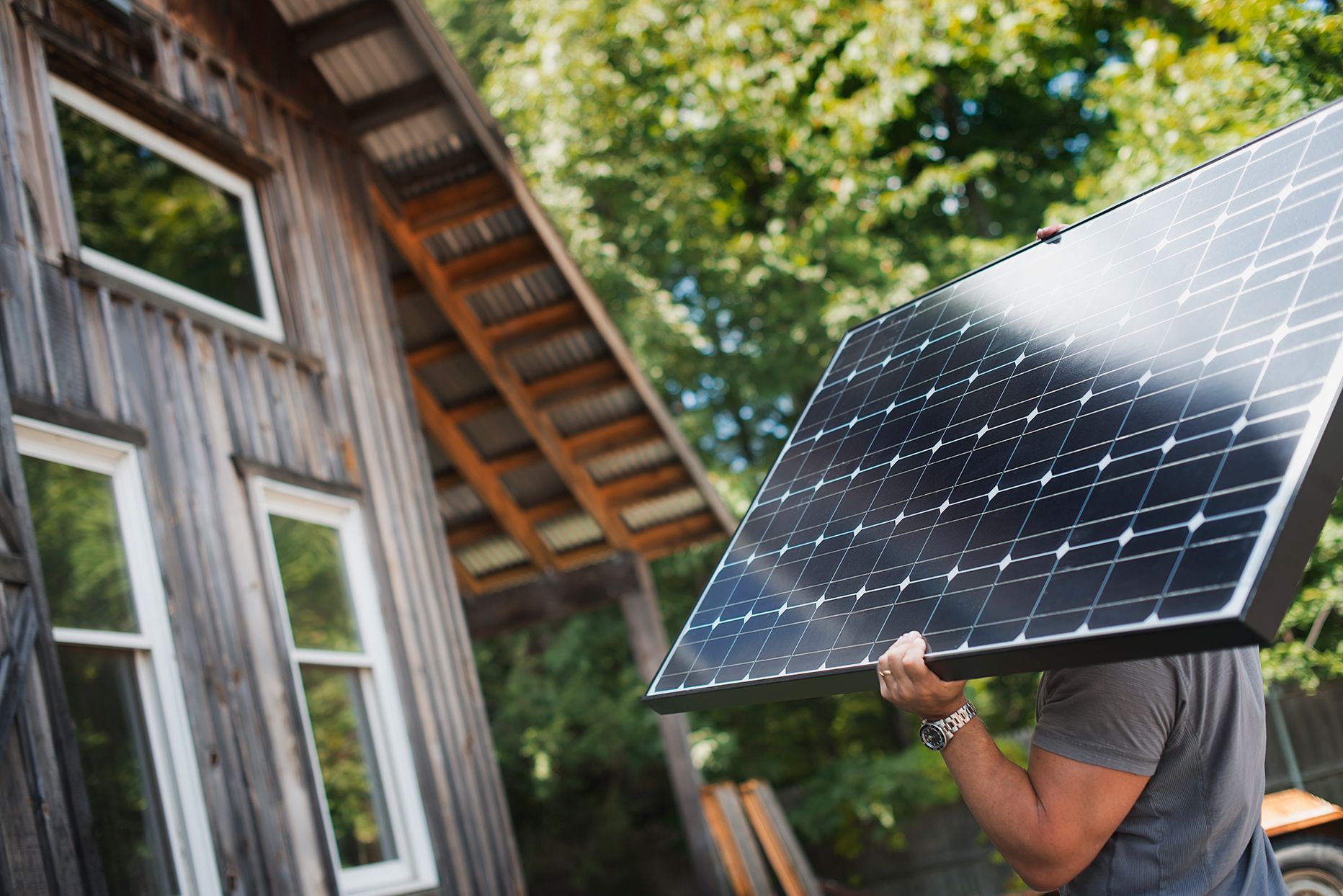
As renewable energy gains momentum, many homeowners are considering installing solar panels to reduce their carbon footprint. While the prospect of generating clean energy is exciting, several crucial factors must be considered before taking the plunge into solar power. Here’s what you need to know to make an informed decision before installing solar panels.
1. Assess Your Energy Needs:
Before diving into the world of solar energy, evaluating your current energy consumption is essential. Understand your average monthly energy usage, peak demand times, and any future changes in consumption. This assessment will help determine the size of system you need to meet your energy requirements effectively.
2. Understand Your Roof’s Suitability:
The orientation and condition of your roof greatly influence the efficiency of solar panels. Ideally, your roof should have unobstructed access to sunlight for the majority of the day. Consider factors like shading from nearby trees or buildings, the slope of your roof, and its structural integrity. A professional assessment from companies like customsolarandleisure.com can check if your roof is suitable.
3. Investigate Local Regulations and Incentives:
Before installation, familiarize yourself with local building codes, zoning regulations, and any restrictions on solar installations. Additionally, research available incentives such as tax credits, rebates, and feed-in tariffs that may significantly reduce the upfront cost of installing solar panels.
4. Determine Your Budget:
While solar energy can lead to long-term savings on energy bills, the initial cost of installation can be a significant investment. Establish a realistic budget that includes the cost of solar panels, installation, permits, and any necessary upgrades to your electrical system. Consider financing options, grants, and incentives that may help offset these costs.
5. Choose the Right Solar Panel System:
Solar panels come in various types, each with its own efficiency, lifespan, and cost. Monocrystalline, polycrystalline, and thin-film are common types of solar panels. Research and consult with solar professionals to determine which panel type best suits your needs and budget.
6. Consider Energy Storage Solutions:
Adding an energy storage system, such as a solar battery, to your solar panel installation can enhance the efficiency and reliability of your renewable energy setup. Energy storage allows you to store excess energy generated during the day for use during periods of low sunlight or power outages.
7. Maintain Realistic Expectations:
While solar panels can significantly reduce your reliance on traditional energy sources, it’s essential to maintain realistic expectations. Factors such as weather conditions, seasonal variations, and system maintenance can influence the performance of your solar panel system. Understanding these variables will help you appreciate the benefits while preparing for potential limitations.
Conclusion
Installing solar panels is a transformative decision that requires careful consideration of various factors. Armed with this knowledge, you can make an informed decision that aligns with your energy goals, environmental values, and financial considerations. Installing solar panels is not just a home improvement; it’s a step towards a more sustainable and eco-friendly future.